South China Morning Post | Legacy of progress
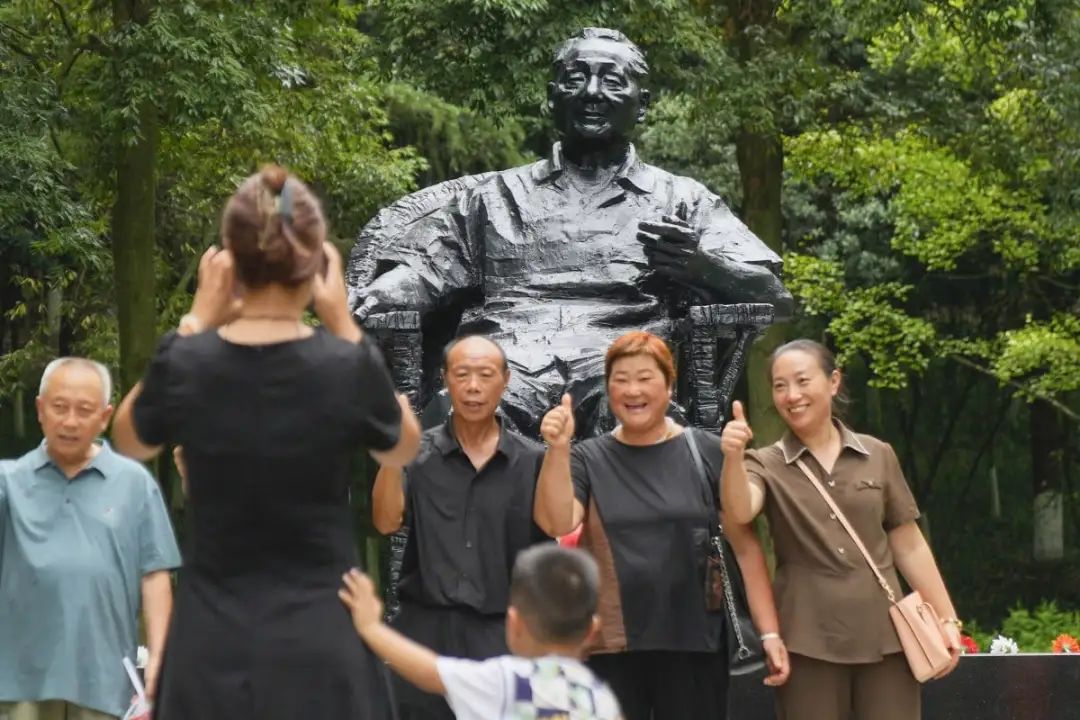
By Edward Tse
Founder & CEO, Gao Feng Advisory
2024-8-23
A recent article authored by Dr. Tse, was published by South China Morning Post on 23 August 2024. Initiated by Deng Xiaoping, China’s ambitious and rapid transformations over the past four decades have few historical parallels.
This week marks the 120th birthday of Deng Xiaoping, architect of China’s reform and opening up. It is also a major milestone in commemorating his contributions to China’s rejuvenation.
China’s transformation over the last four decades since its reform and opening up in the late 1970s is a highly unusual phenomenon. China’s gross domestic product grew from US$150 billion in 1978 to about US$17.8 trillion by 2023, making it the world’s second largest economy. Per capita GDP jumped from US$157 in 1973 to US$12,614 by 2023, surpassing countries like India and Thailand. In first-tier cities like Shanghai, Beijing and Shenzhen, the average per capita GDP ranges between US$26,000 and US$28,000, topping the amount considered as high-income by World Bank standards.
Measured in purchasing power parity, China’s GDP is US$35 trillion, the world’s largest. China’s trade volume expanded 467 times from US$14.7 billion in 1977 to US$6.9 trillion by 2022. China’s now the top trading nation with more than 120 countries in the world. In 2001, 12 Chinese companies made the Fortune 500 list. In 2023, that number rose to 142. By contrast, the number of US companies on the Fortune 500 list in 2023 was 136.
China’s economic growth and social changes during the last four decades have been phenomenal. Many people have pointed this out. John Van Fleet, a scholar at Shanghai Jiao Tong University, calls this phenomenon the “first time in history”.
In the late 1970s, Deng Xiaoping, who had returned to power, came to the conclusion that China needed to make use of non-state capital and foreign capital to supplement state capital. Hence, “reform” refers to the embrace of non-state capital while “opening up” refers to the embrace of foreign capital. This unprecedented experiment was described by Deng as “crossing the river by feeling the stones”.
I personally witnessed that surge in growth when I began to work as a strategy consultant in the Shanghai office of Boston Consulting Group in early 1993. Droves of Western companies were engaging us to help chart the course of their China strategy, either using China as a sourcing base or exploring China as a market. Sometimes, it was both.
Chinese companies also began to explore ways to better organise themselves and to figure out better ways of growth. Many parts of China were seeking ways to better govern in terms of regulations and policies in the evolving situation.
The Chinese government often studied what other governments had done in setting policies and regulations, for example, with regard to health. International practices were studied at both the government and company levels, to see if something useful could be learned. Chinese companies wanted to learn from the best international companies in their sector, in terms of management practices, organisation and people development. Often, they benchmarked themselves against the top-performing international companies.
Beyond GDP growth, China’s transformation has been profound. By 2020, China had lifted almost 800 million people out of extreme poverty as defined by the World Bank. China’s literacy rate has gone from 20 per cent in 1949 to around 97 per cent.
Life expectancy in China went from 35 years in 1949 to 79 years in 2022. The height of 18-year-old Chinese men increased from around 165cm in the 1950s to 175cm in 2023. By now, the average Chinese intake of protein has overtaken that of the US. The list goes on and on.
What makes the last four decades of China a stand-out in my view could be attributed to a number of aspects.
First, China’s sheer size and complexity, with 1.4 billion people and vast geographical diversity, make any major undertaking a significant challenge.
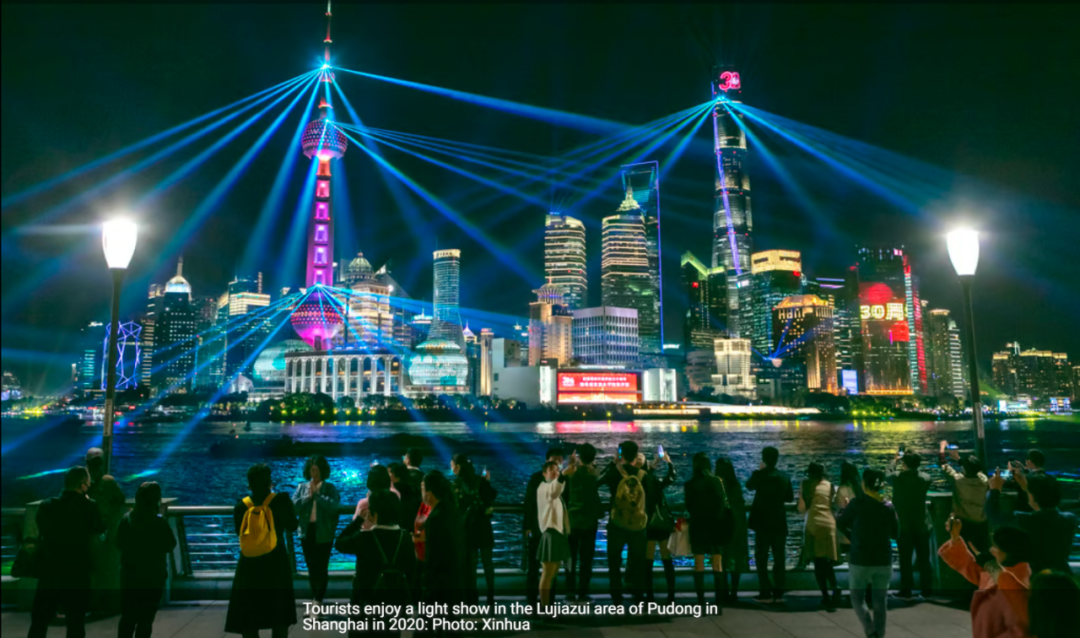
Tourists enjoy a light show in the Lujiazui area of Pudong in Shanghai in 2020: Photo: Xinhua
Second, China underwent a fundamental adjustment in its political and economic ideology. It adopted a composite model of corporate ownership, incorporating state-owned, privately-owned and foreign enterprises. This composite approach is inherently complex and dynamic. Maintaining an effective balance within such a vast and intricate system is far from straightforward.
Third, the manifestation of globalisation and China’s involvement in that process was significant, and the extent of flow of goods across borders was unparalleled in human history. As the factory of the world, China sat right at the core of that globalisation process. Cross-border investments were also significant, in particular with major flows of foreign direct investment going into China. Such a degree of international connectivity is unprecedented.
Lastly, the intrinsic quality of changes in China has been remarkable. The country evolved from a low-cost manufacturer with little regard for environmental concerns to a producer of sophisticated products and a contributor to environmental protection. Widely known as a copycat only a couple of decades ago, China is now commonly viewed as an innovative nation and has become a primary location for research and development labs for corporations both Chinese and non-Chinese.
Chinese brands, once perceived as low-quality and uncompetitive, have gained significant popularity. While a very small number of Chinese people were able to travel outside China only a couple of decades ago, an estimated 87 million Chinese travelled internationally in 2023. These changes often took place in stages as the Chinese pushed through each stage with speed and intensity.
That such a large and complex country was able to undertake a search for a new approach in the midst of rapid global changes makes China’s transformation a genuine “first time in history”.
Edward Tse is founder and CEO of Gao Feng Advisory Company, a strategy and management consulting firm with roots in China
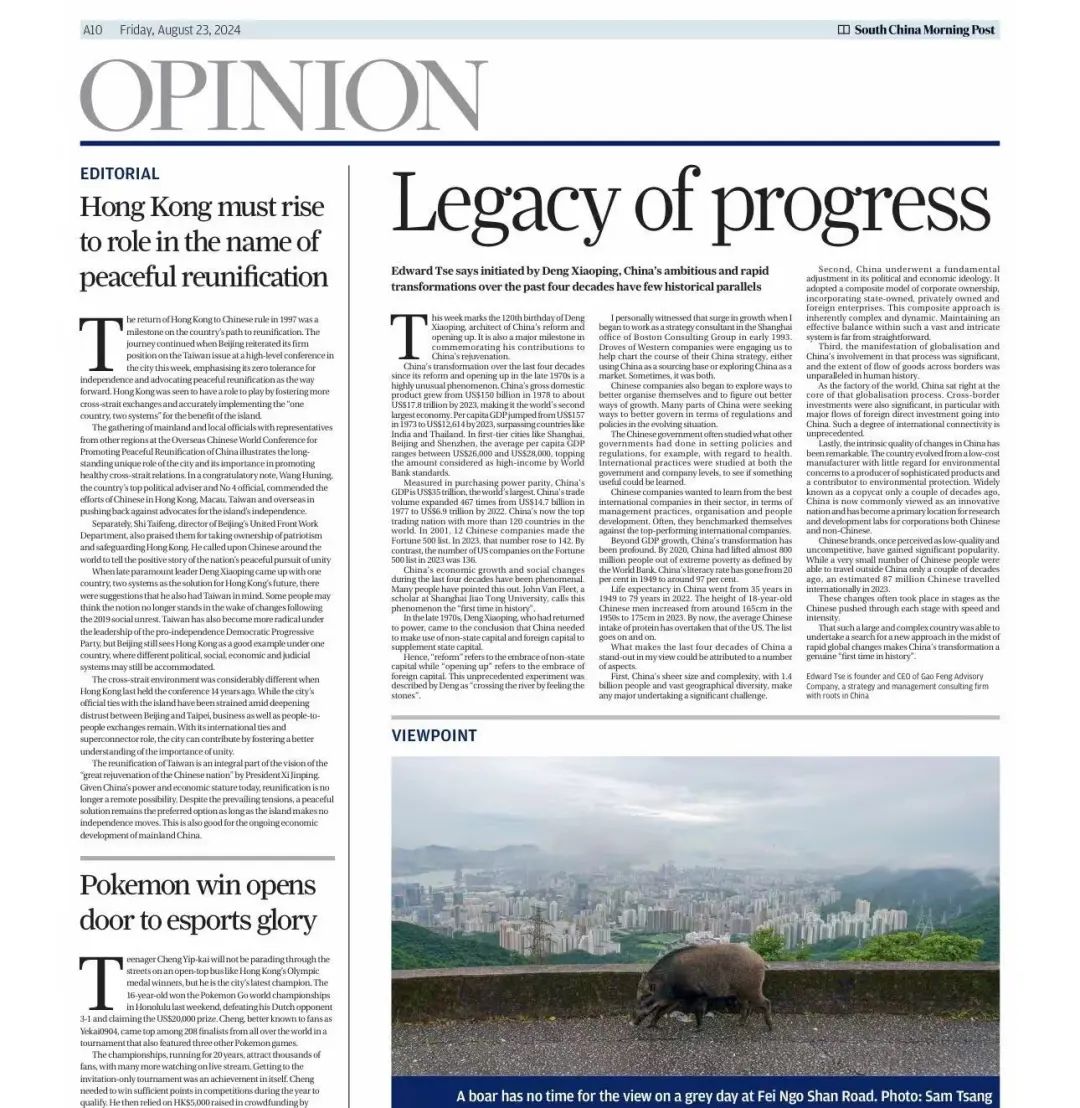
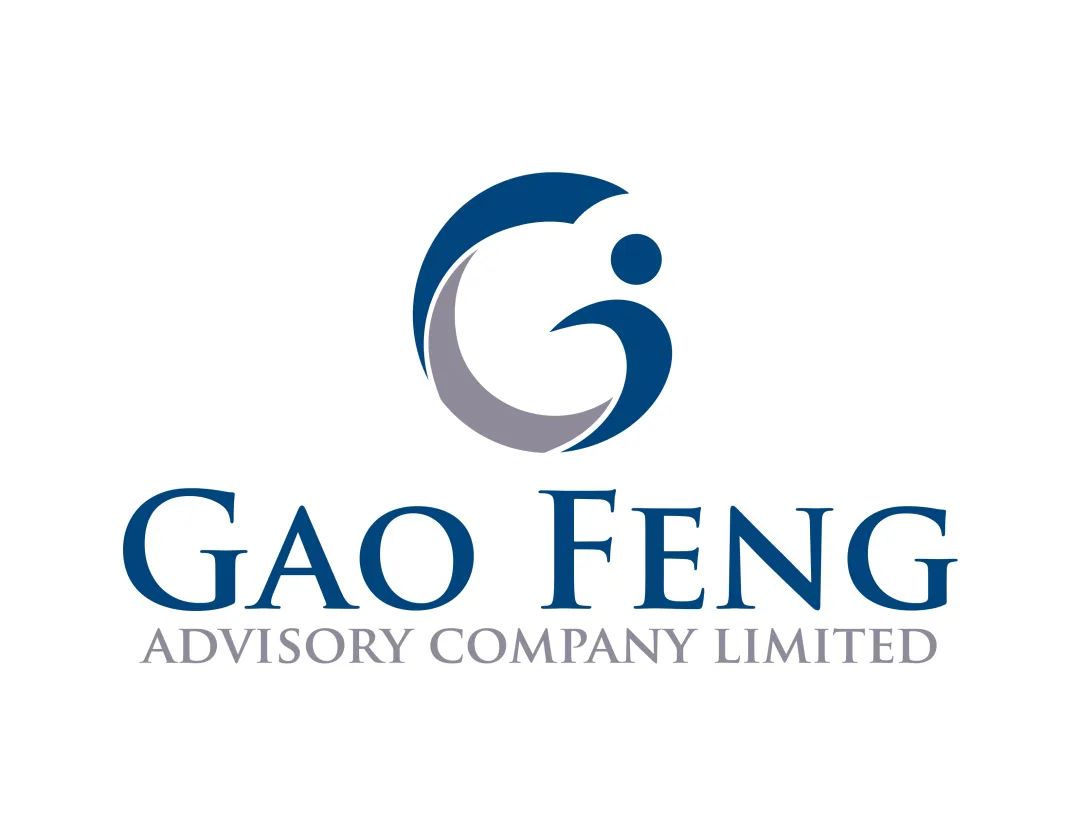
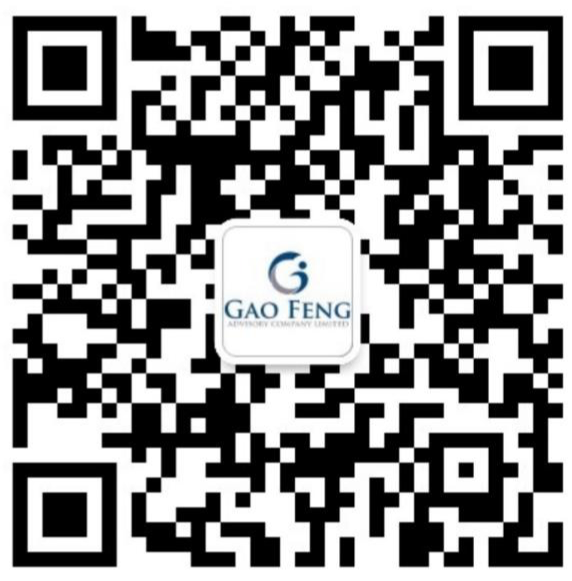
Gao Feng Advisory
Gao Feng Advisory Company is a professional strategy and management consulting as well as investment advisory firm with roots in China coupled with global vision, capabilities, and a broad resources network
Wechat Official Account:Gaofengadv
Shanghai Office
Tel: +86 021-63339611
Fax: +86 021-63267808
Hong Kong Office
Tel: +852 39598856
Fax: +852 25883499
Beijing Office
Tel: +86 010-84418422
Fax: +86 010-84418423
E-Mail: info@gaofengadv.com
Website: www.gaofengadv.com
Weibo: 高风咨询公司
